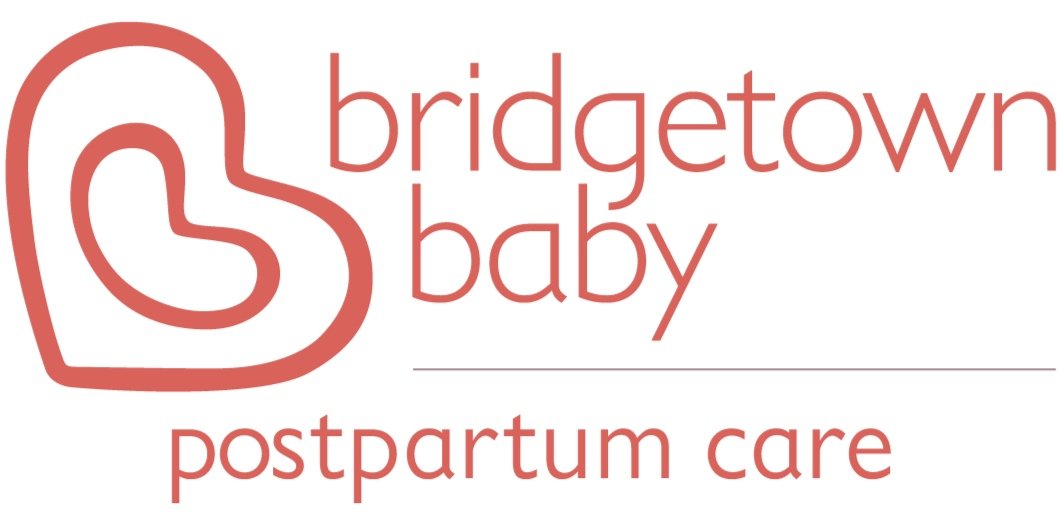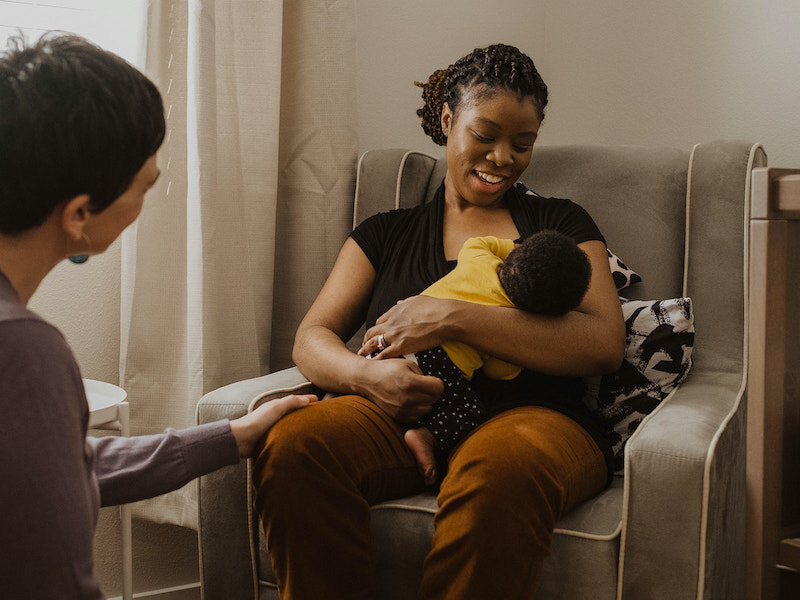Protecting The Nursing Relationship
by Sarah Longwell, IBCLC, Bridgetown Baby Lead Lactation Consultant
Every August since 1992, the World Alliance for Breastfeeding Action (WABA) has planned and promoted World Breastfeeding Week. August 1-7 each year is a time for health professionals around the world to do their part to focus time, energy, and support for breast- and chest-feeding initiatives and individuals. The theme for World Breastfeeding Week 2021, Protect Breastfeeding: A Shared Responsibility, reflects a renewed commitment to making sure lactation support and resources are available to all in our post-COVID reality. Benefits of human milk may be perceived and valued differently in a time when parents are more aware than ever of the ways that breast- and chest-feeding lend to global sustainability efforts, and can be protective against potential threats to immune systems and supply chains.
Of course, the idea that human milk has benefits is not new, and infant feeding can take many forms and combinations in different families and contexts. As a lactation consultant, when I think about protecting breastfeeding, I think first and foremost about protecting infants and all the people who are feeding them. This is an important distinction, in my mind, because for far too many, the choice not to nurse a baby is a last resort, turned to in desperation because they lack the support needed to safeguard their health, sleep, mental wellness, and so on. Families choose formula for feeding their infants for many different reasons obviously, but here I am focusing on families who didn’t have the opportunity to make that choice, in the truest sense of the word, because their other basic needs weren’t met.
What would a true community of support look like? Luckily, we don’t really have to use our imaginations very much on this one. For millennia, human beings lived in small, self-sustained villages where this support was built into the evolutionary fabric of our species. In addition to creating an environment where individuals collaborated to make sure everyone was housed, fed, and cared for, these villages provided a network of support for birth, postpartum, and childcare. People grew up contributing to communal care of infants and children, and when they became parents themselves, had a team at the ready to help them feed, clothe, and raise their children.
Compared to this long history of built-in support systems, the last 250 years have brought not only the industrial and technological revolutions, but also political instability and climate changes that make it far more common today for people to migrate and settle far away from their cultures and families of origin. Combined with smaller family sizes, this means that today’s new parents generally haven’t spent very much time around newborn babies until they bring home their own! When it comes to breast- and chest-feeding specifically, we’ve gone from a wealth of next-door support and innate knowledge delivered to us via community interaction to an isolated, dispersed society where each baby has one or two adults who have to learn everything from scratch! Where is the protection in this model? The lack of a built-in support system for growing families in our society means that new parents are either facing it all alone, or they are deliberately and consciously building that support for themselves.
While we may not be able to fully recreate the village structure of old, postpartum care provided by doulas and lactation consultants is building a new community of care, connection and shared knowledge. The early parenting years are a vulnerable time, and protecting families during this time is a solid investment, resulting in stronger communities, more resilient children, and thriving families. Specifically, postpartum doula and lactation care:
Normalizes the challenges of the postpartum period;
Provides education and modeling for new parents;
Builds parents’ skills for feeding and caring for their infants;
Supports parents in being better rested, reassured and resourced to navigate the early parenting experience;
Lays a foundation of confidence for the continued parenting journey; and
Builds parents up as resources for other families.
Together, families and postpartum professionals are shifting our culture toward one that acknowledges the challenges of early parenthood and allows new parents to meet those challenges with self-compassion, know-how and faith in themselves.
This is the reason I’m so proud to be a lactation consultant, and I love being part of a team of incredibly dedicated doulas at Bridgetown Baby. Our team embodies deep commitment to protecting babies and the people who conceive, gestate, birth, feed, and raise them!


